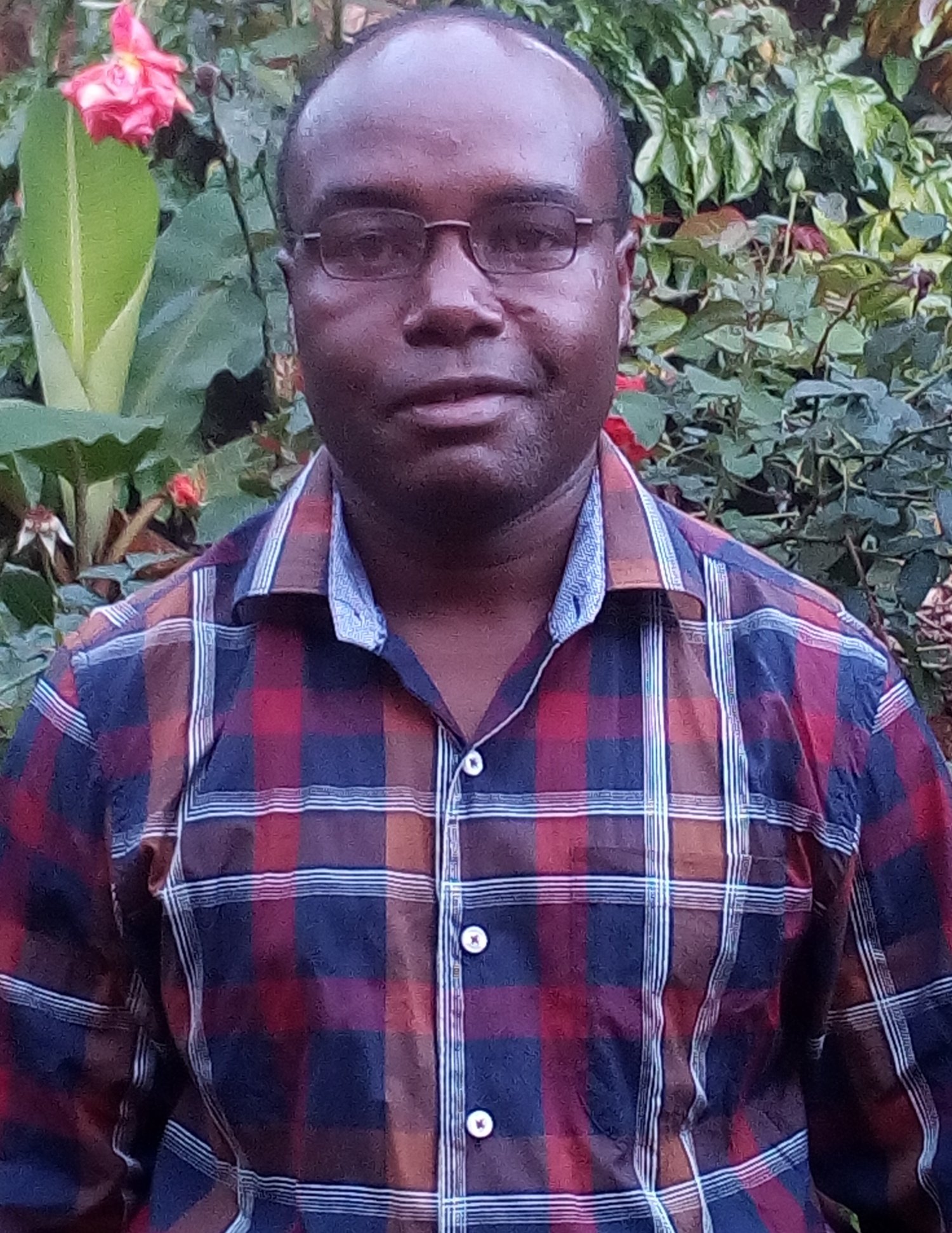Thesis on groin hernia surgery in women

Alphonsus Matovu, PhD student at the Reconstructive Plastic Surgery and Global Surgery research group, the Department of Molecular Medicine and Surgery, will defend his thesis "Groin Hernia Surgery in Women. Outputs, Factors, Methods and Costeffectiveness" on June 2, 2025. Main Supervisor is Jenny Löfgren.

What's the main focus of your thesis?
“The main focus of my thesis is to evaluate groin hernia surgery in women with emphasis on the outputs, factors, methods and cost-effectiveness”, says Alphonsus Matovu, PhD student at the Department of Molecular Medicine and Surgery.
Which are the most important results?
“The important results of my thesis are; the overall groin hernia surgery outputs including those among women in Uganda are low and suture-based methods are still the main methods for repairing groin hernias in Uganda. Further on, increase in parity increases the incidence of groin hernia repairs among women in Sweden making higher parity a possible risk factor for groin hernia occurrence”.
“Additionally, femoral hernias seem to be very common among women in Uganda and opening of the transversalis fascia to inspect the femoral canal should be mandatory in open anterior repair so as not to miss femoral hernias. The modified open anterior mesh repair method in which the transversalis fascia is opened and a mesh flap is sutured over the femoral canal is effective to treat both inguinal and femoral hernias in the absence of laparoscopy, it is also cost-effective in the Ugandan setting and should be promoted”.
How can this new knowledge contribute to the improvement of people’s health?
“Initiatives to improve access to groin hernia surgery in Uganda will be enhanced. A systematic and broad introduction of mesh-based methods for groin hernia repair with less recurrence rates will most likely occur in Uganda. The evaluations for women with groin hernia will improve combining clinical, imaging and surgical approaches. The modified open anterior mesh repair method will be promoted in the absence of laparoscopy to treat both inguinal and femoral hernias to reduce recurrence and chronic groin pain. The new knowledge could be beneficial in both low income and high income countries”.
What are your future ambitions?
“My future ambitions are to start a hernia register to monitor outputs and outcomes of groin hernia repair in Uganda. In addition, I will carry out further evaluation of the modified open anterior mesh repair method embedded with training of surgeons in Uganda through longitudinal studies and randomized clinical trials”.
Dissertation
Monday June 2, 2025 at 09:00, venue: Nanna Svartz J3:12, Karolinska University Hospital Solna
Thesis
Groin Hernia Surgery in Women. Outputs, Factors, Methods and Costeffectiveness
